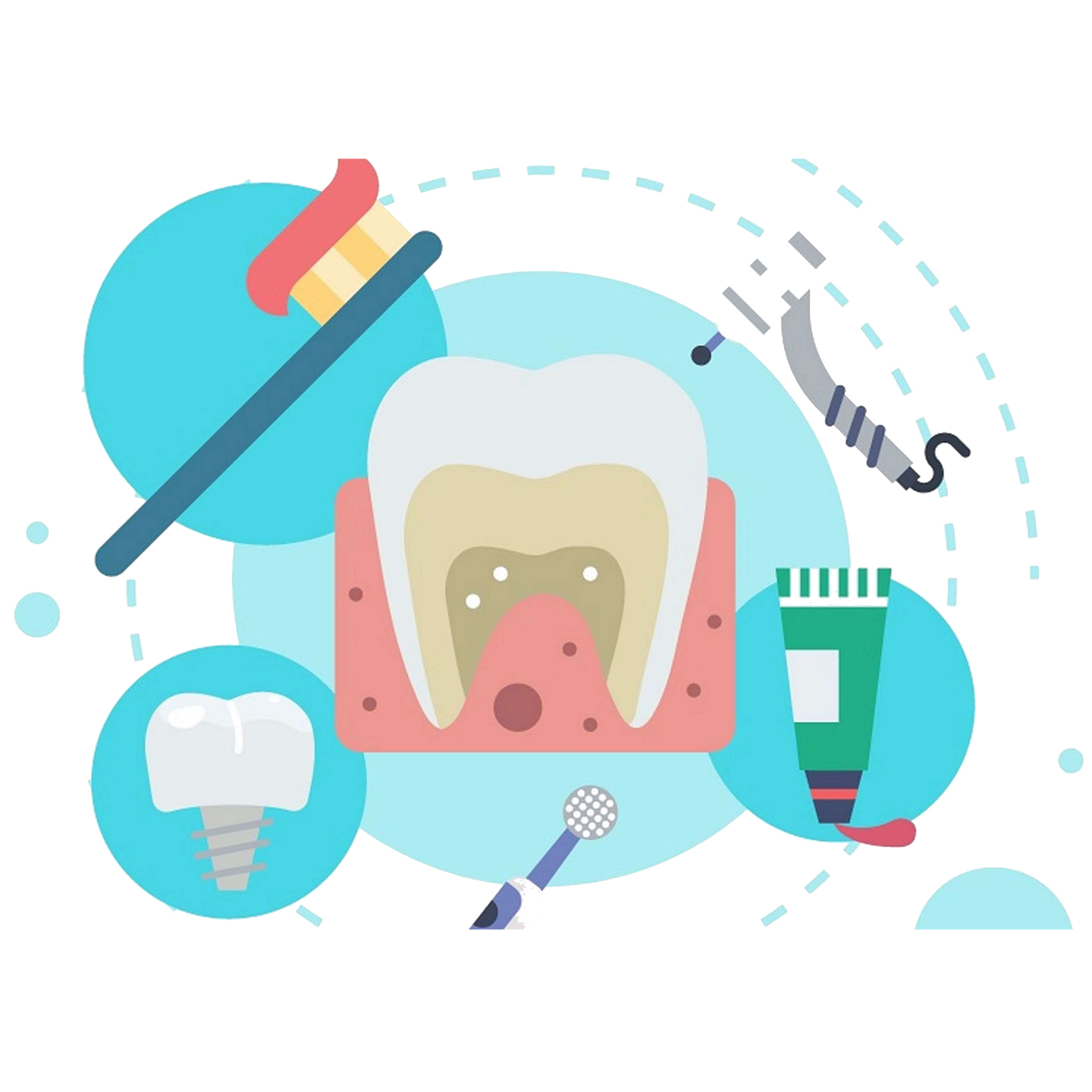Simple Tips for A Better Dental Health
Keeping teeth clean will not only result in better but also saving money in the long run.

“We are what we eat,” is a popular phrase. We often choose to pay extra attention and care to regulating our diet and food consumption but fail to maintain dental health. Many just choose to turn a blind eye to dental problems, until and unless there is a tooth problem, and all we want to do in a fit of rage is take a set of pliers and pull out the bothersome tooth. All of this can be avoided by developing a good routine, and sticking to it. We consulted with Dr. Anjana Maharjan Shrestha, Prosthodonist at My Dental Clinic, to know about the right way to take care of our teeth and shed light on common misconceptions.
What are the basics of dental care?
Brushing twice a day is must, with fluoridated toothpaste with a soft brush! This is the Holy Grail for a better dental health. When it comes to toothbrushes, there are four types; very soft, soft, medium and hard. We recommend using toothbrush with soft bristles. The ones with hard bristles abrade the tooth and cause a shilling sensation, medium also falls in the same range. Whereas toothbrushes with very soft bristles get damaged easily. Their bristles fall off easily and can get stuck in between your teeth. They must also be replaced once in three months, or when the bristles begin to bend.
After every meal you must rinse your mouth, which prevents particles from getting stuck in between your teeth. Dental floss is also recommended after a meal. It is not mandatory but if you feel that food particles are lodged deep in between the teeth then using a dental floss gently will help remove the particles, after which one must rinse your mouth. We normally see many individuals use toothpicks after a meal. We discourage using toothpicks as they can heavily damage the gums, and cause weak gums and bleeding. A new study has also shown that brushing teeth at night can have a really good effect. The fluoride in the toothpaste, if you overnight in the mouth, has a better chance repairing and protecting the teeth and reducing the development of caries.
Can you give us some tips on dental care for newborns and toddlers?
For newborns, after their meals, parents must use a soft wet muslin cloth to wipe the gums. Once they start developing their teeth, the habit of brushing their teeth should be instilled. Some children may find it difficult to rinse their mouth, during such situations they can drink plain water. This habit should not be encouraged as later on they should be taught that toothpaste must not be swallowed. A simple trick would be to use low amount of toothpaste and spit out most of the toothpaste. Regular dental check ups must be conducted from the beginning so that, as parents are able to know their children’s dental health issues and take necessary precautions and measures accordingly.
Can you give us some advice for dental care for teenagers and adults?
What we normally see in teenagers and adults is that they skip even the basics due to laziness and a heavy schedule. Dental health is commonly neglected as the symptoms of major dental issues develop slowly. But in the long run, common dental issue such as tooth decay, bleeding gums, carries, enamel erosion can develop into major ones. Studies have shown how periodontal diseases (Gum Diseases) can lead to heart disease, along with other systemic diseases.
Thus we highly encourage all to not take their dental health casually, and recommend never skipping the basics and scheduling regular check-ups. Simple procedures such as carries repair, and scaling can save you from not just major dental problems but also saves you from spending a lot of money in the long run.
What are the impacts of smoking and alcohol?
Smoking plays a major impact in causing numerous dental problems, specially periodontitis. Smoking also causes bone loss and gingivitis and eventually in the long run can lead to oral cancer. In terms of alcohol, it doesn’t have a major effect, but can cause tooth erosion. Excessive consumptions of alcohol can cause dehydration and dry mouth. This occurs due to the sugar content in the alcohol which reduces the flow of saliva in the mouth which in turn rapidly accelerates tooth decay and gum disease.
What are the general misconceptions related to dental health?
The common misconception, specially in children, is that once children start developing teeth it is said that they will have diarrhea and fever. Actually its because of the itchiness the children experience during their process of teeth development. To sooth the itchiness they generally pick up anything they see and start biting on it. The germs and bacteria in the foreign object enter the system through this process and cause the diarrhea.
Another such misconception is that scaling causes teeth looseness. Scaling is done to remove plaque from the surface and below the gum line. General scaling doesn’t cause weakness in tooth, but if there is excessive plaque, such teeth become loose.


